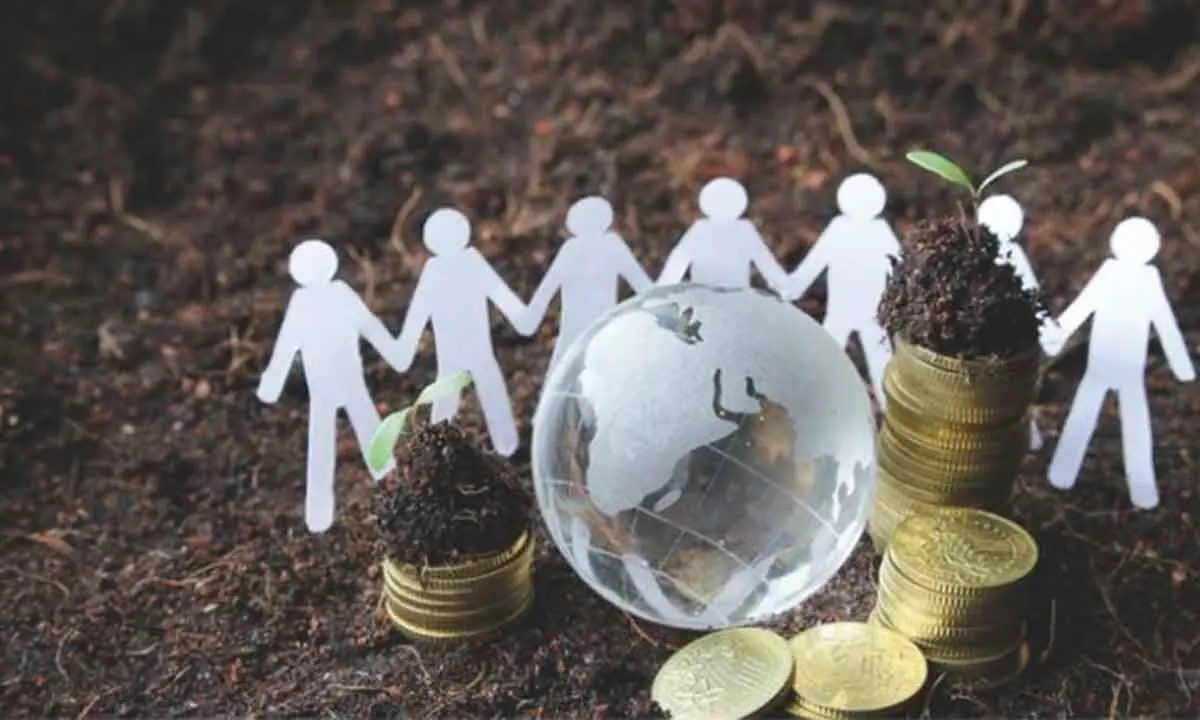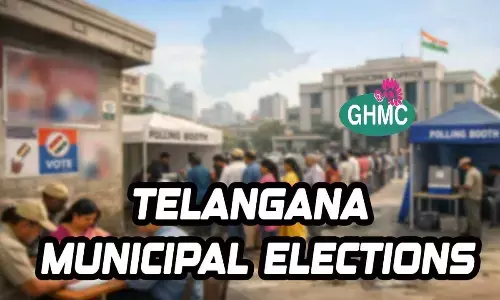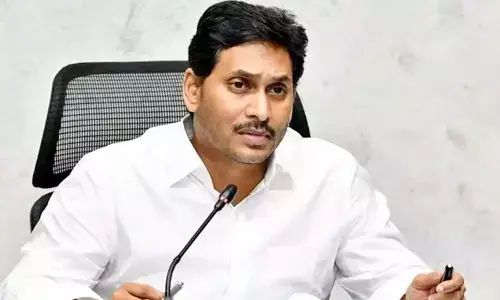Crucial challenges to tackling climate change

Developing economies also face unfair and unfavourable financing costs to transition away from fossil fuels, and to adapt to and recover from climate-induced disasters. But when it comes to putting money on the table and contributing its fair share of international climate finance, the U.S. is missing in action. The U.S. continues to dodge the enormous responsibility it holds for the vast majority of the world’s pollution. Trust is eroding without this promised money on the table
When considering security crises in 2023, the top item on the list of most Canadian policymakers and observers is likely Russia’s invasion of Ukraine. Western governments have responded with concerted military and humanitarian support, sanctions and contributions to reconstruction efforts.
The speed and scale of that response is in stark contrast to the lacklustre reaction to other crises our world faces, particularly climate change.
Climate change is geopolitical. Countless wars have been fought for oil, gas and coal. Extreme weather events – such as deadly heatwaves, floods and fires – as well as longer-term climate degradation – such as droughts and rising sea levels – are happening with increased frequency and intensity.
The economic dimensions of a changing climate – the consequences of dealing with harsher and more common natural disasters, the cost of inaction and the massive transformation underway to align the global economy with the Paris goals – are amplifying inequities across nations in ways that governments are just beginning to comprehend.
The Paris Agreement goals – and the transition away from fossil fuels that is necessary to get us there – cannot happen without a massive increase in funding to fight climate change, as well as changes in how the international finance system operates.
Countries from the Global South are disproportionately affected by climate change impacts. They also face various development challenges and very different fiscal contexts than the Global North. G7 nations are responsible for the largest share of historical emissions. They also possess a greater capacity to cover the cost of climate action.
To limit warming to 1.5 C, countries agreed in Paris that all would bend their greenhouse gas emissions curve according to a “common but differentiated responsibility” and that rich countries would provide the resources to make this possible.
But countries from the Global North have not held up their end of the bargain. In 2009, in Copenhagen, rich countries committed to mobilizing at least US$100 billion per year by 2020 through 2025.
Developing economies also face unfair and unfavourable financing costs to transition away from fossil fuels, and to adapt to and recover from climate-induced disasters.
But when it comes to putting money on the table and contributing its fair share of international climate finance, the U.S. is missing in action. The U.S. continues to dodge the enormous responsibility it holds for the vast majority of the world’s pollution.
Trust is eroding without this promised money on the table, and as countries with disproportionate historical responsibility for the climate crisis continue to put literal fuel on the fire by expanding fossil fuels. At the Bonn Climate Conference in June, the resulting tension was palpable – and the talks ended in an impasse.
Worldwide, scaling up renewable energy massively and phasing out fossil fuels through a just energy transition will be achieved only through the overhaul of global financial governance. So far, Canada and its G7 allies have been slow to show interest in transforming global institutions to reflect the needs of a multipolar world in an era of converging crises.
The Bretton Woods system created after the Second World War still represents the interests and the distribution of power of that era. This is notably reflected by U.S. dollar dominance and the G7-dominated voting shares, leadership and resulting priorities and actions at the World Bank and the International Monetary Fund.
What is needed is a massive global program to provide concessional finance for climate mitigation, adaptation, loss and damage – a Marshall Plan of sorts, but rooted in the Global North countries doing their fair share to solve a problem they caused, and with governance rooted in genuine partnership.
As Mottley put it so clearly: “The world cannot continue in the shadow of an old imperial order that does not see countries, does not feel countries, does not hear countries, and worse – does not see people.”
There will be other opportunities in the coming months, notably the upcoming United Nations General Assembly and COP28. To effectively rebuild trust, however, Canada must match its actions to its words on phasing out all fossil fuels, address the fiscal concerns of Global South countries, and champion climate finance reform, especially for adaptation and loss and damage.
Tackling the climate crisis at the speed and scale which is needed now requires a whole-of-government approach – one that includes coherent foreign policy and the country’s full diplomatic apparatus.

















